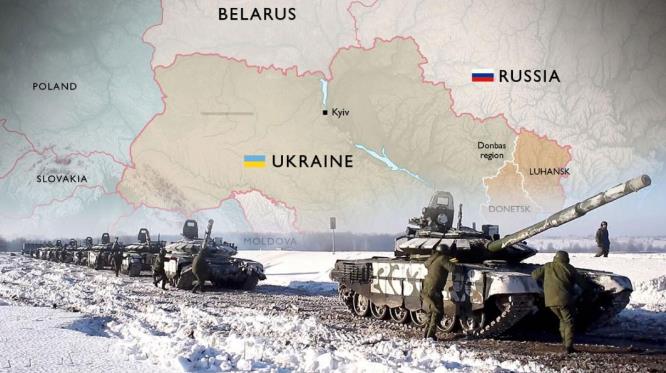54 Nations Fund Arms Against Russia: Putin Adapts Tactics, Potential Downfall Poses Double Threat to China
According to TASS, in an expanded meeting, Russian Defense Minister Sergei Shoigu reviewed the interim results of Russia’s special military operation. Shoigu expressed confidence in the Russian Armed Forces’ ability to confront any adversary, noting that over 650,000 Russian soldiers have gained valuable combat experience.

Shoigu highlighted Western support for Ukraine, with 54 countries providing military aid including 5,220 tanks and armored vehicles, over 3,000 artillery pieces, and 23,000 drones. Despite NATO’s indirect involvement, their role in planning military operations and controlling Ukrainian air defense, multiple rocket launchers, and tactical missile systems is evident, with support from 410 NATO satellites.
Facing substantial external pressure, Russia claims significant progress in its military operation. Key achievements include the annexation of four eastern Ukrainian regions through referendums, securing over 8.3 million square kilometers of land and about 5 million people. Russia also transformed the Sea of Azov into an internal sea, established a land corridor to Crimea, and restored rail connections with the Donbas region.
Putin has adapted Russian military tactics, with Shoigu emphasizing adjustments to combined arms combat, the formation of assault and drone units, and reorganization of reserve forces. Russia has recruited approximately 490,000 contract soldiers and volunteers this year, increasing its military strength to 1.15 million personnel. An additional 350,000 troops are planned, aiming for a total strength of 1.5 million.
Shoigu’s summary marks a significant phase in the military operation, with far-reaching implications for global geopolitics and China’s future. The potential downfall of Russia poses a dual threat to China: emboldening U.S. political ambitions and destabilizing Central Asia. The loss of Russia as a strategic partner would be detrimental to China, highlighting the mutual need for each other’s strength and stability.